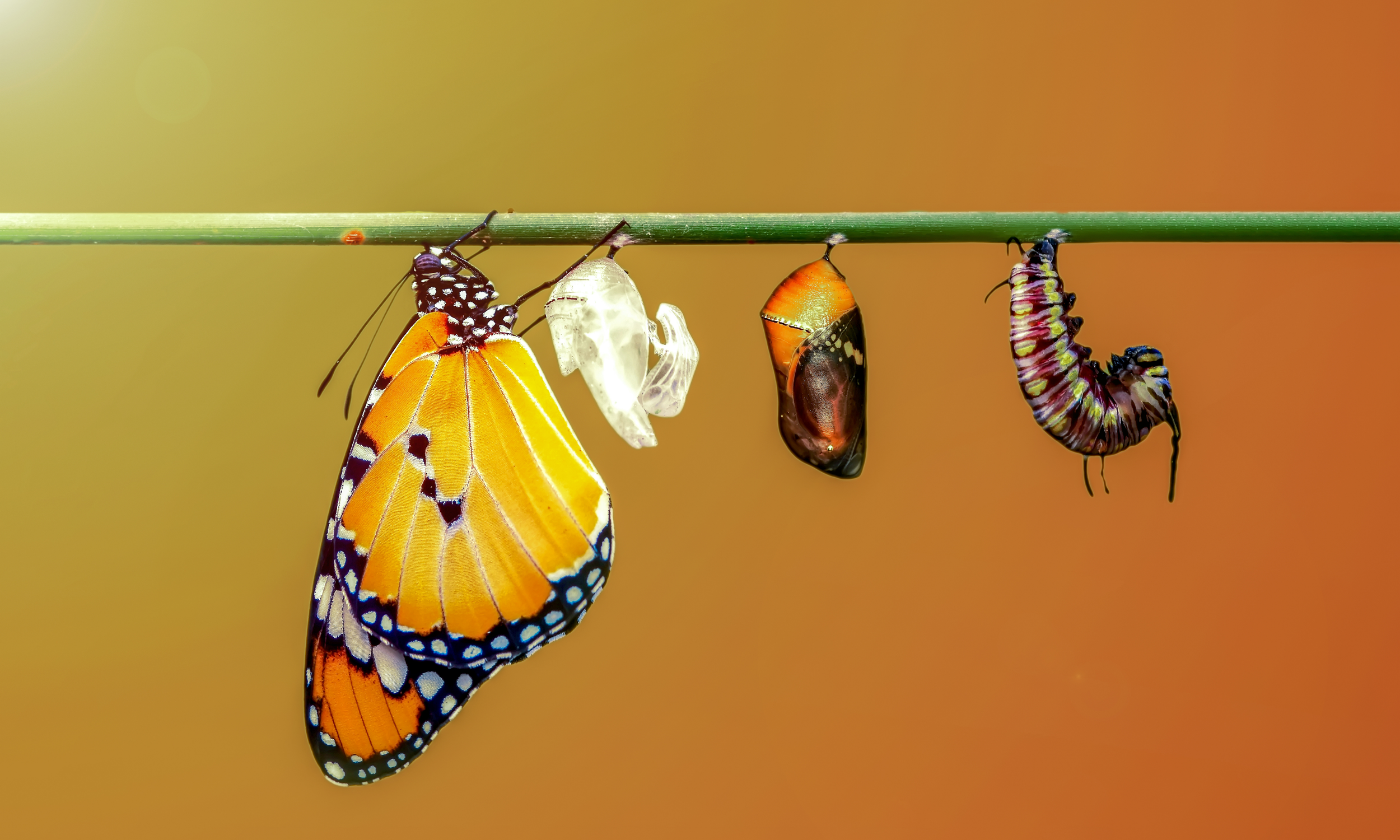All right, folks, it’s that time of year! The end of the current year, where we either celebrate with fancy outfits and cocktails or cozy up on the couch in pajamas. It’s the time when we enthusiastically prepare to set New Year’s resolutions, eager to start fresh.
However, despite all the excitement, the average New Year’s resolution lasts only about three months. That’s because change can be incredibly challenging. So much of our daily life runs on autopilot. This is actually helpful, as thinking through every action would quickly exhaust us. Autopilot serves a crucial purpose, especially when it comes to maintaining healthy habits like brushing our teeth, preparing meals, and exercising. But what happens when autopilot kicks in for unhealthy habits?
Why New Year's Resolutions Fail & How to Make Them Stick
The key to lasting change lies in mindfulness and awareness. While habits help us manage daily life, when our habits become unhelpful or unhealthy, we must consciously shift them. The challenge is turning off autopilot long enough to recognize when a habit no longer serves us, allowing us to replace it with something more positive.
Common New Year’s Resolutions
Changing "Bad" Habits Without Judgment
Let's challenge the idea that habits are simply “bad.” All behaviors, even unhealthy ones, have at some point served a purpose. For example, smoking might have started as a way to relax. However, when a habit starts causing more harm than good, we want to change it. This shift is tricky because it requires turning off autopilot and making conscious choices to adopt more supportive habits.
Rather than labeling habits as “bad,” try using words like "unhelpful," "ineffective," or "unhealthy." This approach reduces judgment, making it easier to engage with your habits without shame or guilt. Judgment only creates a sense of failure and doesn’t provide helpful insights. Instead, practicing nonjudgmental mindfulness gives you space to gain clarity and develop a healthier mindset.
Mindful Strategies for Lasting Change
1. Reframe the Language of Habit Change
We’ve established that there are no "bad" habits—just those that are no longer helpful. By reframing the way you think about habits, you can engage in a more compassionate process of change. Shifting from judgmental to nonjudgmental language fosters curiosity and understanding, rather than shame.
2. Observe and Describe Your Habits Mindfully
Begin by observing your habitual behavior without judgment. Like a scientist or journalist, focus only on the facts. What exactly are you doing? How does it make you feel? How does it impact your life and those around you? This step is about honesty and clarity. If needed, ask others for feedback to gain an outside perspective. Resist the urge to judge or interpret the behavior, and instead focus solely on observing and describing.
Mindfulness for habit change is beautiful!
A Personal Story of Habit Change
Let me share how I’ve used this mindfulness approach to change a habit. There was a time when I used avoidance as a coping tool and became hooked on a phone game. Despite not enjoying the game, I couldn’t stop playing. I judged myself harshly and labeled the habit as “bad.” Yet, through mindfulness and nonjudgment, I recognized that the game wasn’t inherently “bad,” it was simply a habit I had formed to avoid discomfort. Eventually, I stopped re-downloading the game because I realized that avoiding discomfort through mindless gaming didn’t bring real satisfaction or joy.
3. Building Awareness & Catching Yourself in the Act
Once you gain greater awareness of your habits, you’re no longer stuck on autopilot. You’ll begin catching yourself in the act of the behavior, even if it’s only right after you’ve done it. This is progress! Celebrate these moments of awareness. Over time, you’ll catch yourself earlier in the process, and eventually, before engaging in the habit altogether. This is when you’ll be able to replace the old behavior with a healthier choice.
4. Replace Old Habits with Healthier Alternatives
While you work to stop an old habit, it’s important to replace it with a more rewarding behavior. When we fill the void left by a bad habit with something more fulfilling, the old habit loses its appeal. For me, re-engaging with hobbies I enjoyed (before the phone game distraction) helped me feel more content and less inclined to play the game.
5. Be Gentle with Yourself: Progress is Not Linear
Remember, change is not always a straight path. There will be setbacks—perhaps even moments when you want to return to the old habit. The key is to get back on track as soon as possible. Nobody is perfect, and we all encounter challenges. What matters is our commitment to making more intentional choices, even when it's difficult.
Setting Mindful New Year's Resolutions for 2025
Teamwork makes the dream work.
So, set that resolution! Whether it's now or at any point in the year, mindfulness is key to making a habit stick. Healthy habits are the foundation for achieving bigger goals and dreams. Whether you’re looking to practice mindfulness, build sustainable habits, or improve your overall well-being, awareness is the first step toward long-term success.
And remember, you don’t have to do it alone. Seek support from loved ones, a community with similar goals, or a professional who can help guide you. We’re social creatures, and we’re more likely to succeed when we have the support of others. If nothing else, I’m here for ya. Sign up for a free mindful minute newsletter and you’ll get a weekly mindfulness tip to help you on your journey.
Written by Amanda Stemen, MS, LCSW




